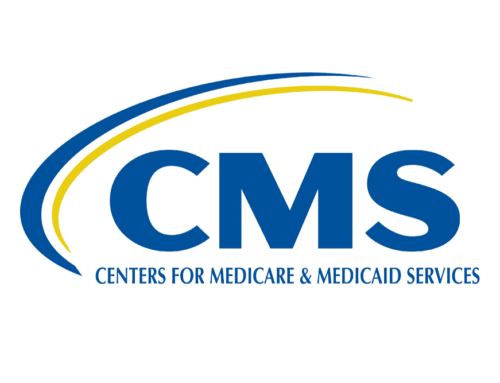CENTER UPDATE | AUGUST 2024
In this Issue:
- CMS Should Do More to Fulfill the IRA’s Promise
- Nearly Half of Insured Americans Get Surprise Expenses in Medical Bills
- Health, Access, and Financial Barriers to Care Among Incarcerated People
- Let’s Set Copays for Insulin at $0
- Reduced Cost Sharing and Medication Management Services for COPD
- KFF Examines Forces Likely to Shape Medicare Part D Premiums for 2025
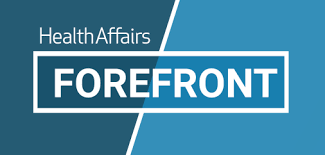
CMS Should Do More to Fulfill the Inflation Reduction Act's Promise to Lower Drug Costs for Patients
The Inflation Reduction Act (IRA) introduces significant changes to Medicare Part D, including a $2,000 annual out-of-pocket cap, a new Medicare Prescription Payment Plan (MPPP) for predictable monthly drug costs, and expanded eligibility for the Low-Income Subsidy (LIS) program. These measures are designed to reduce prescription drug expenses for seniors, with potential savings exceeding $7 billion annually. However, there are concerns that the new drug price negotiation provisions could lead to unintended consequences, such as increased cost-sharing or restricted access to some medications. A Health Affairs Forefront contends that the Centers for Medicare & Medicaid Services (CMS) must enhance communication about these changes and monitor for potential negative impacts to ensure the IRA achieves its goal of improving access to affordable medications for seniors.


Nearly Half of Insured Americans Get Surprise Expenses in Medical Bills
A Commonwealth Fund survey has found that nearly 45% of insured Americans received unexpected medical bills that should have been covered by their insurance. Many of these patients did not challenge the charges, though those who did often succeeded in reducing or eliminating the costs. The survey highlights a significant issue in the healthcare system: despite having insurance, consumers frequently face unexpected expenses and confusion about coverage.
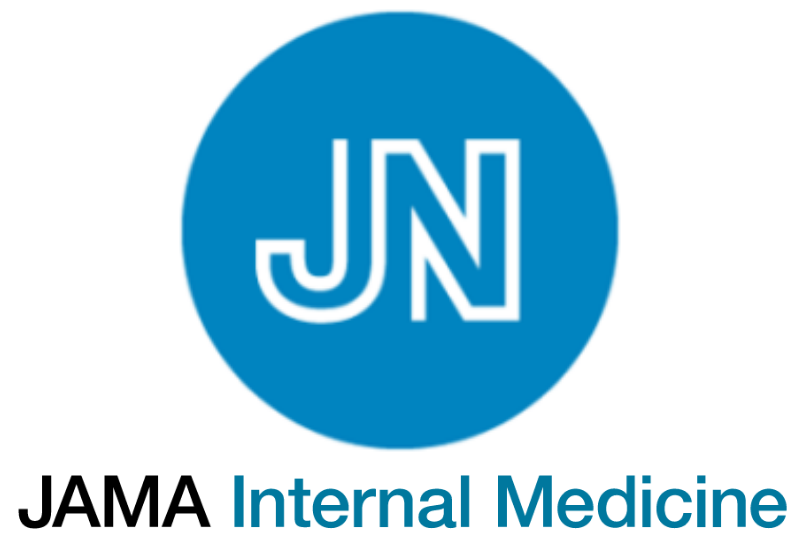
Health, Access, and Financial Barriers to Care Among People Incarcerated in US Prisons
Inmates in state and federal prisons appear to not be seeking the health care they need because they can’t afford co-pays, per a study in JAMA Internal Medicine. 62% reported chronic physical conditions and 40% experience mental health issues, yet a significant number did not receive necessary treatment. The study found that high co-payments for medical visits are associated with lower rates of care, and individuals in facilities charging more than a week’s wage for visits are particularly affected.
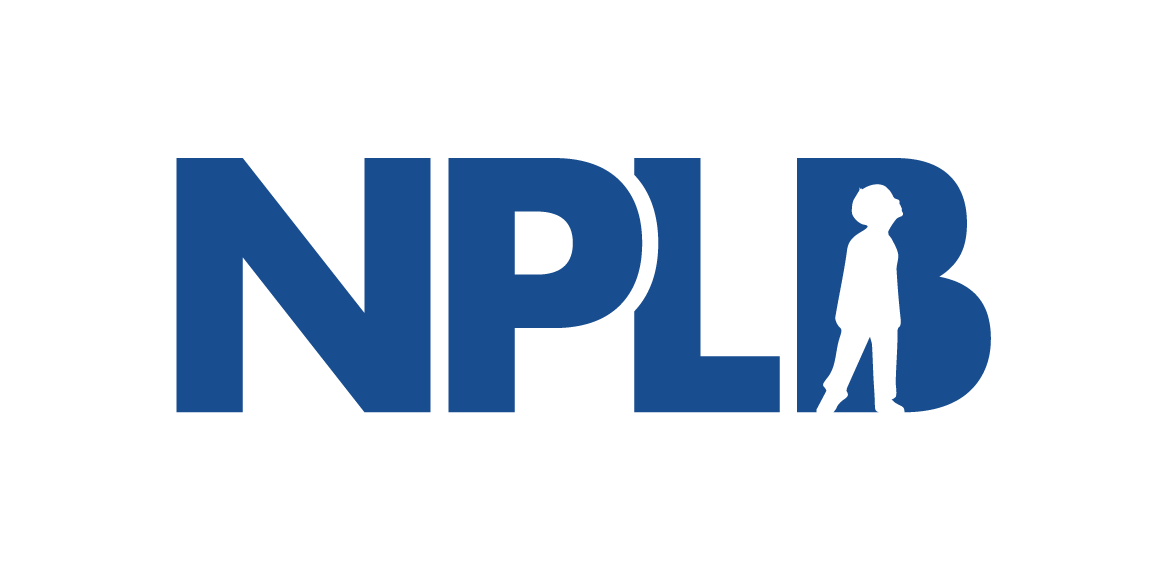
Let's Set Copays for Insulin at $0
Insurance plans often impose high out-of-pocket costs for chronic conditions like diabetes, including copays for insulin, which can burden patients despite the treatments being authorized by their insurer. No Patient Left Behind advocates for eliminating copays for essential medications and reforming insurance practices to ensure that all patients benefit from innovations in treatment without facing excessive costs.

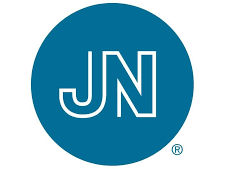
Reduced Cost Sharing and Medication Management Services for COPD
A recent randomized clinical trial evaluated a national program within Medicare Advantage that aimed to reduce out-of-pocket costs for COPD maintenance inhalers and provided medication management services. Participants who joined the program, which lowered inhaler costs to $0 or $10 and included education on proper use, experienced a 55% relative increase in inhaler adherence compared to the control group. While the program reduced out-of-pocket spending, it did not significantly affect COPD exacerbations, short-acting inhaler use, or total spending.
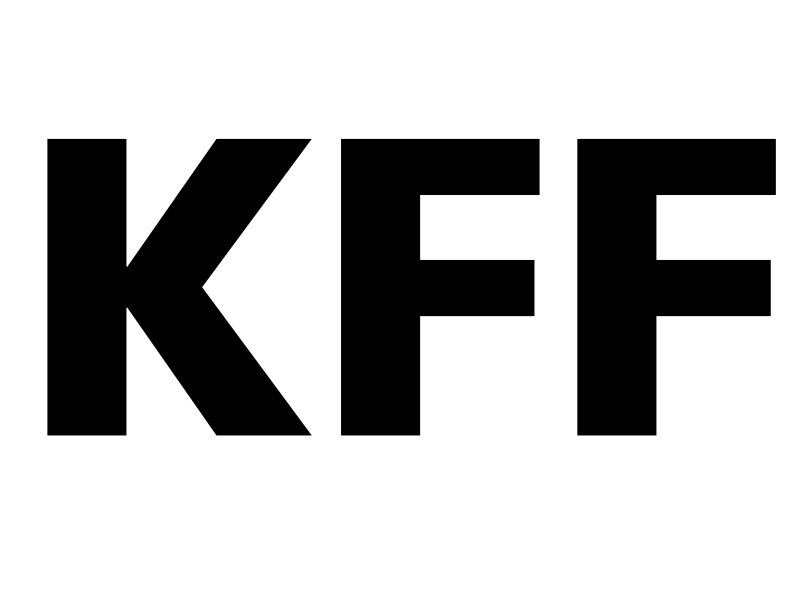
KFF Examines Forces Likely to Shape Medicare Part D Premiums for 2025
The Inflation Reduction Act of 2022 introduces several changes to Medicare Part D, including a $2,000 cap on out-of-pocket drug spending and reduced costs for high drug expenses. To mitigate potential premium hikes, the law caps the base beneficiary premium growth at 6% annually, and the Centers for Medicare & Medicaid Services (CMS) has implemented measures like a new demonstration program to stabilize premiums. Despite these efforts, actual Part D premiums for 2025 will vary.
Please Help Support the V-BID Center
As a non-profit entity, the V-BID Center relies on fundraising to support our research, education, and policy efforts. Please help us continue our work by donating here. We truly appreciate your consideration.



